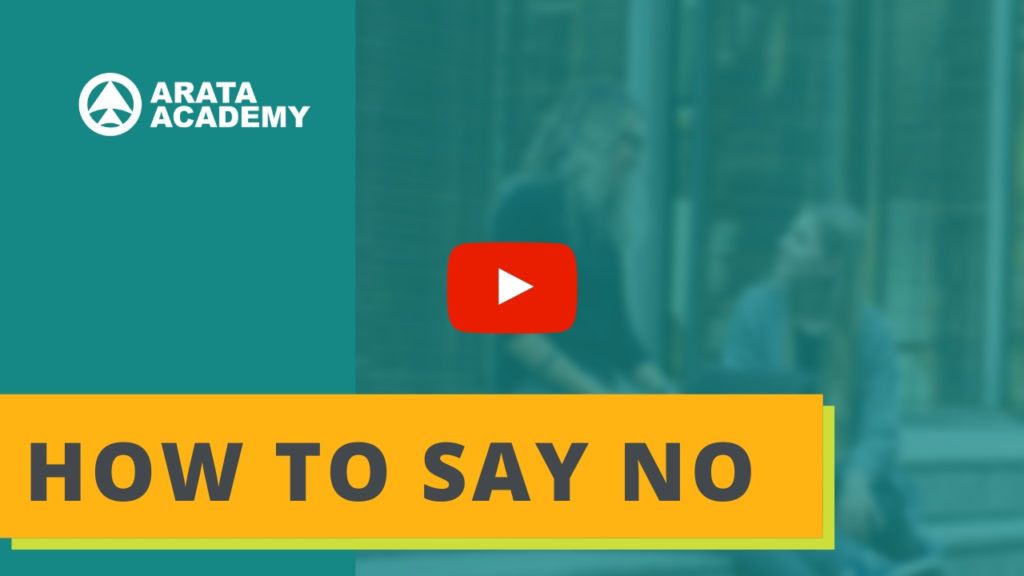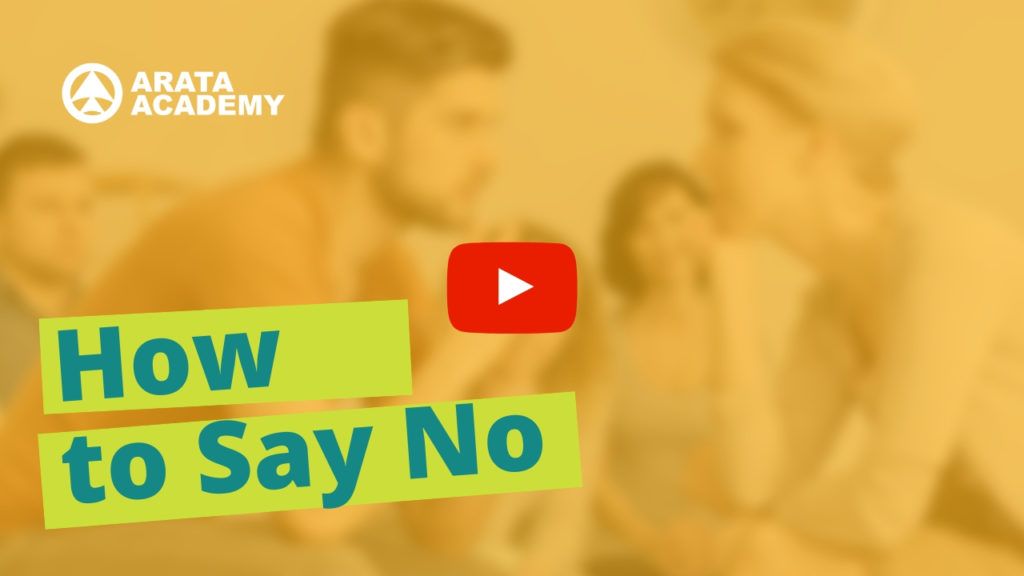Hello! Seiiti Arata. If you want to communicate better with others, start developing your mindfulness to achieve full attention.
Do you know why? Because you suck, idiot! You are just being lazy, watching videos on YouTube. Don’t you have work to do? Go find some dishes to wash. Get out of here.
Notice in this brief moment it is quite likely that you felt anger. And your anger was a reaction to a toxic communication that I used as an example. (Sorry about that!)
And unfortunately it is very common to run into this type of communication on the Internet. There’s even a label for one who communicates in a toxic way: the Internet troll. When someone appears in the comments and begins to offend everyone, the recommendation is, “Do not feed the troll”, meaning that the best thing to do is not respond.
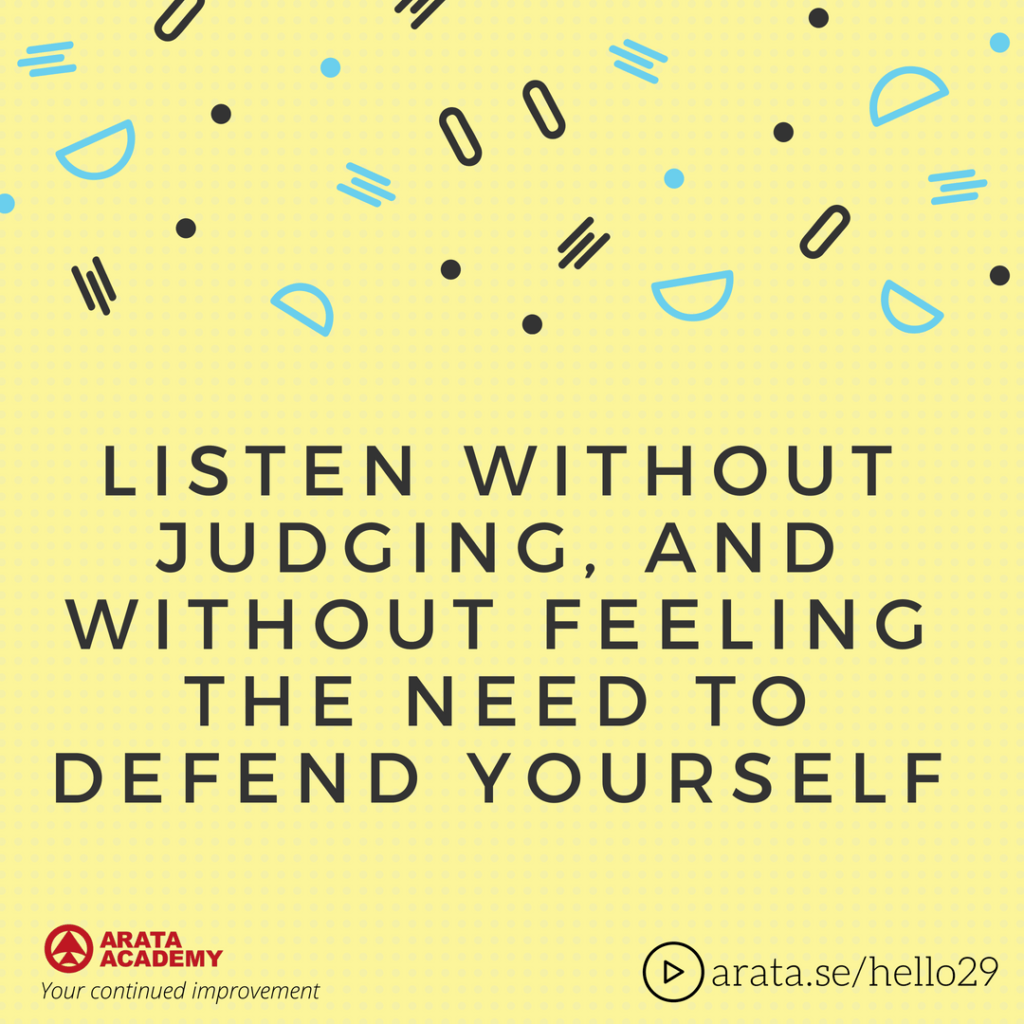
Mindfulness is the first step as we try to stay firmly in our position, without reacting to the initial aggression. We want to pay attention to ourselves, our bodies and our breath, allowing ourselves to hear everything without judging, without having to defend or counterattack.
If someone suddenly starts to say nasty things to me, instead of immediately reacting with more aggression, I can look at the situation with a bit of curiosity.
By using mindfulness, I realise I felt hurt by these aggressive comments. I was surprised, because I didn’t think I deserved such treatment. I felt violated, disrespected.
Hm. Okay, so this was the first step. Mindfulness helped me to understand myself better. And now? Well, based on these discoveries I can also seek the understanding of the other.
Why is this person communicating this way with me? I wonder what’s going on… What is driving her to behave like that? Did she at some point feel attacked, disrespected, violated?
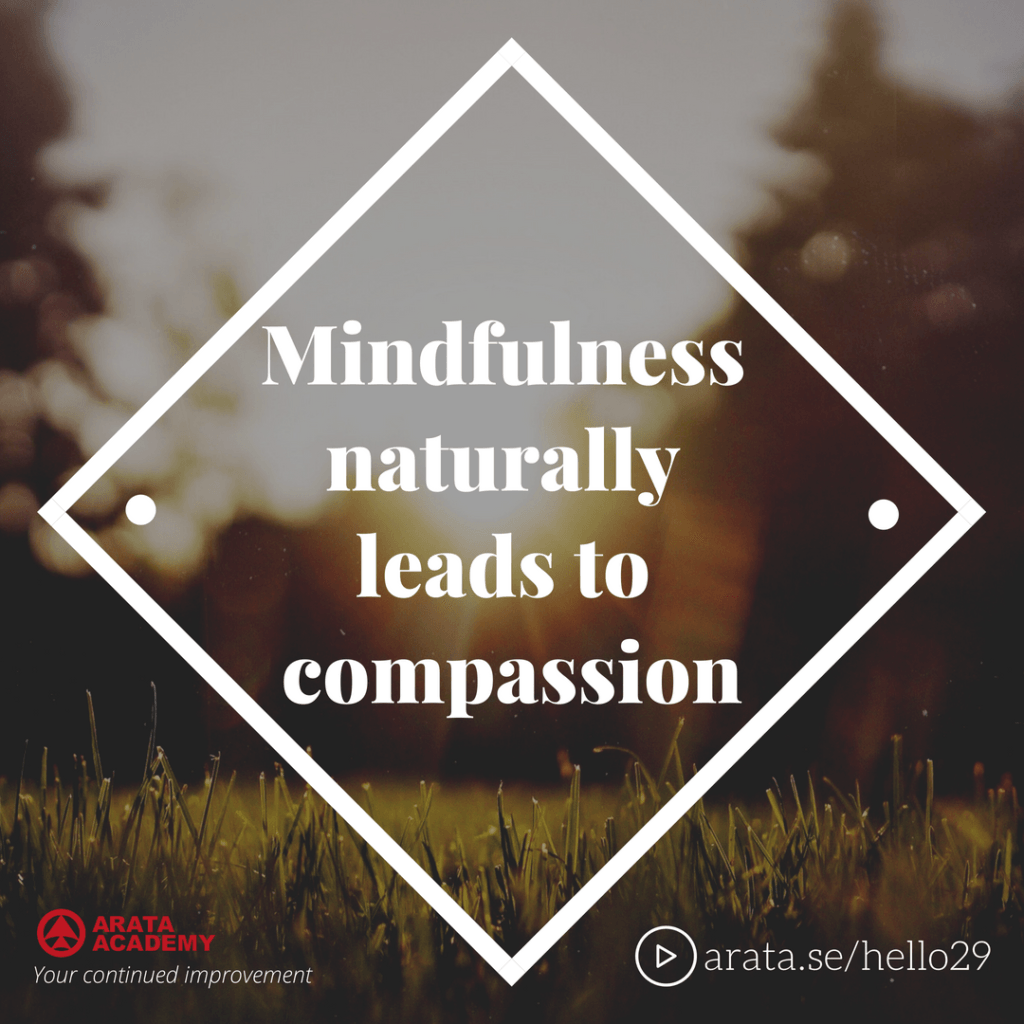
Notice how this path leads me naturally to compassion, allowing me to understand. Communication needs understanding.
We cannot communicate effectively without this mindfulness. When we try, we immediately react without thinking: If someone offends me, then I punch them in the face.
Today we see how to listen with full attention. And for that we should not judge. For example, if a close friend starts telling me something about a hard time he went through, and in the middle of the story I feel that urge to stop and say “…but it’s your fault because you were relaxed / careless / reckless,” I’m not focused on the feelings that this person is sharing. My friend is not asking me my opinion, he just wants to talk and be heard. And I am unable to do even something simple like that.
In the process of listening, you may want to say something. Be careful about saying thinks like “Gee, you think you are suffering? That’s nothing, I’ve been through something much worse …”or “Yeah, I know exactly what you are feeling.”
All these are ways of taking the focus away from the person we ought to be listening to. We are trying to put ourselves as the main character of the interaction.
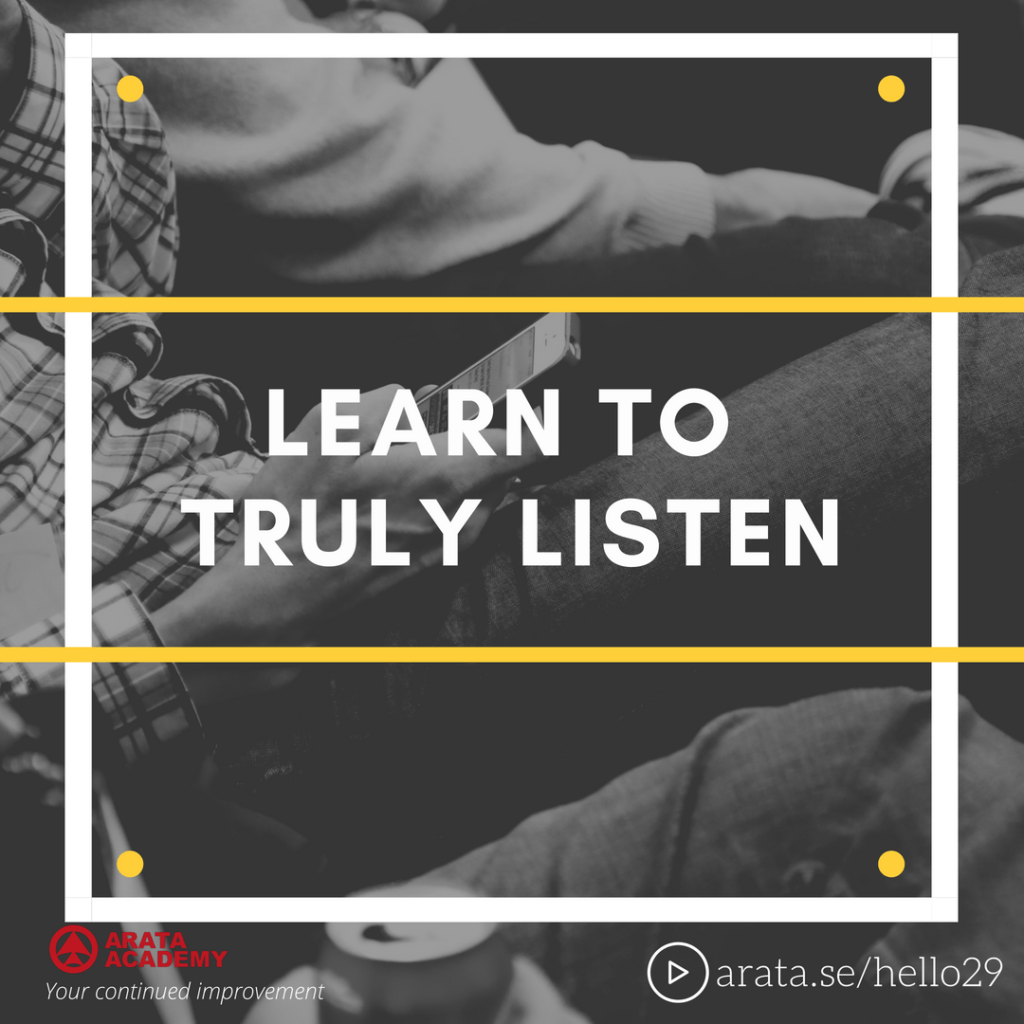
What we need is just to be present. So if you want to say something, say this: “I’m here by your side; I’m here for you. We are together.” When you say that from your heart, genuinely, then the conversation shifts and can rise to higher levels. Maybe then they might want your critical opinions, your suggestions, your experiences. But first there is the need for empathy, and you have to show that you are fully present.
I’m with you. And thank you for being here. Cheers!
